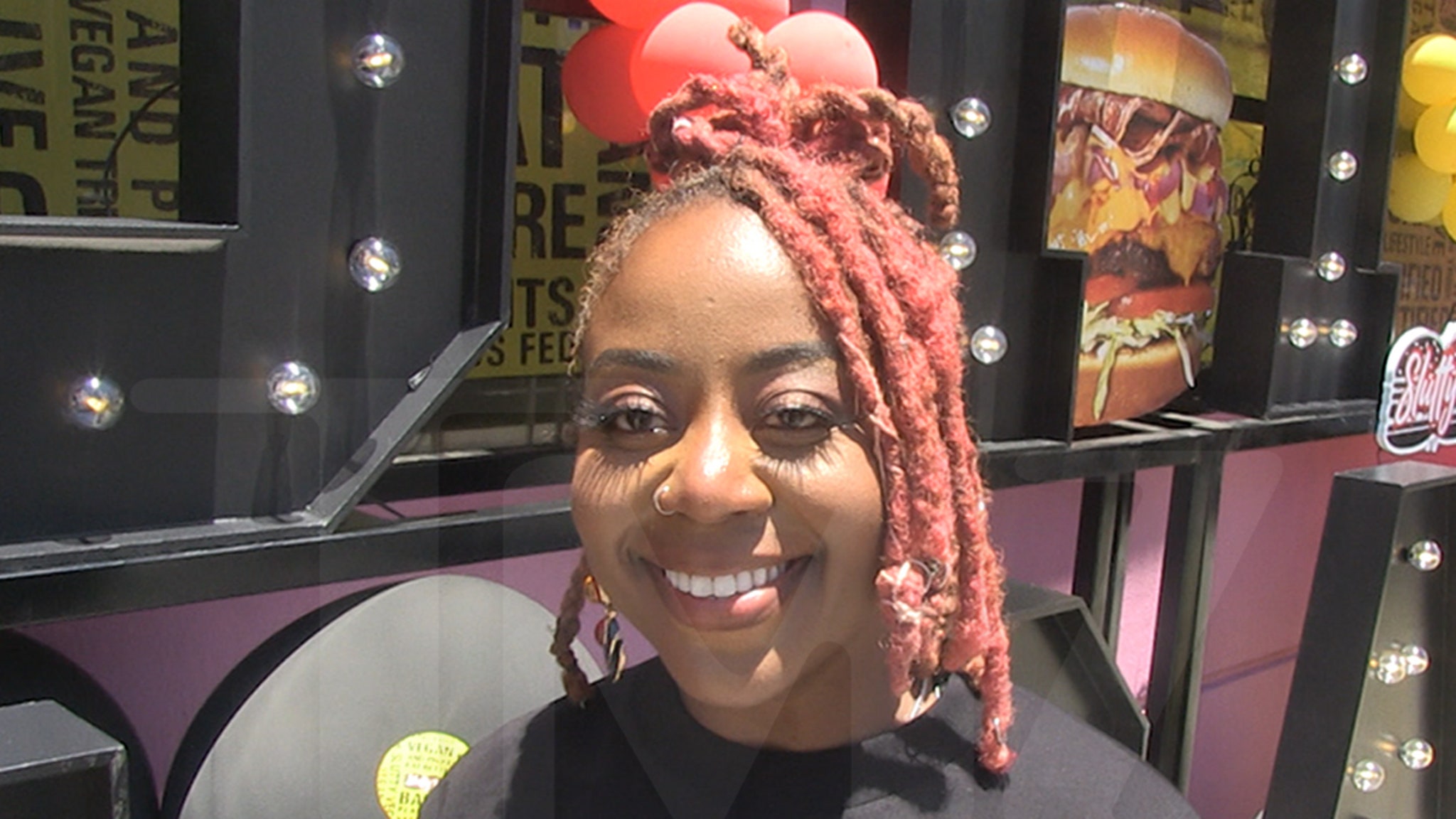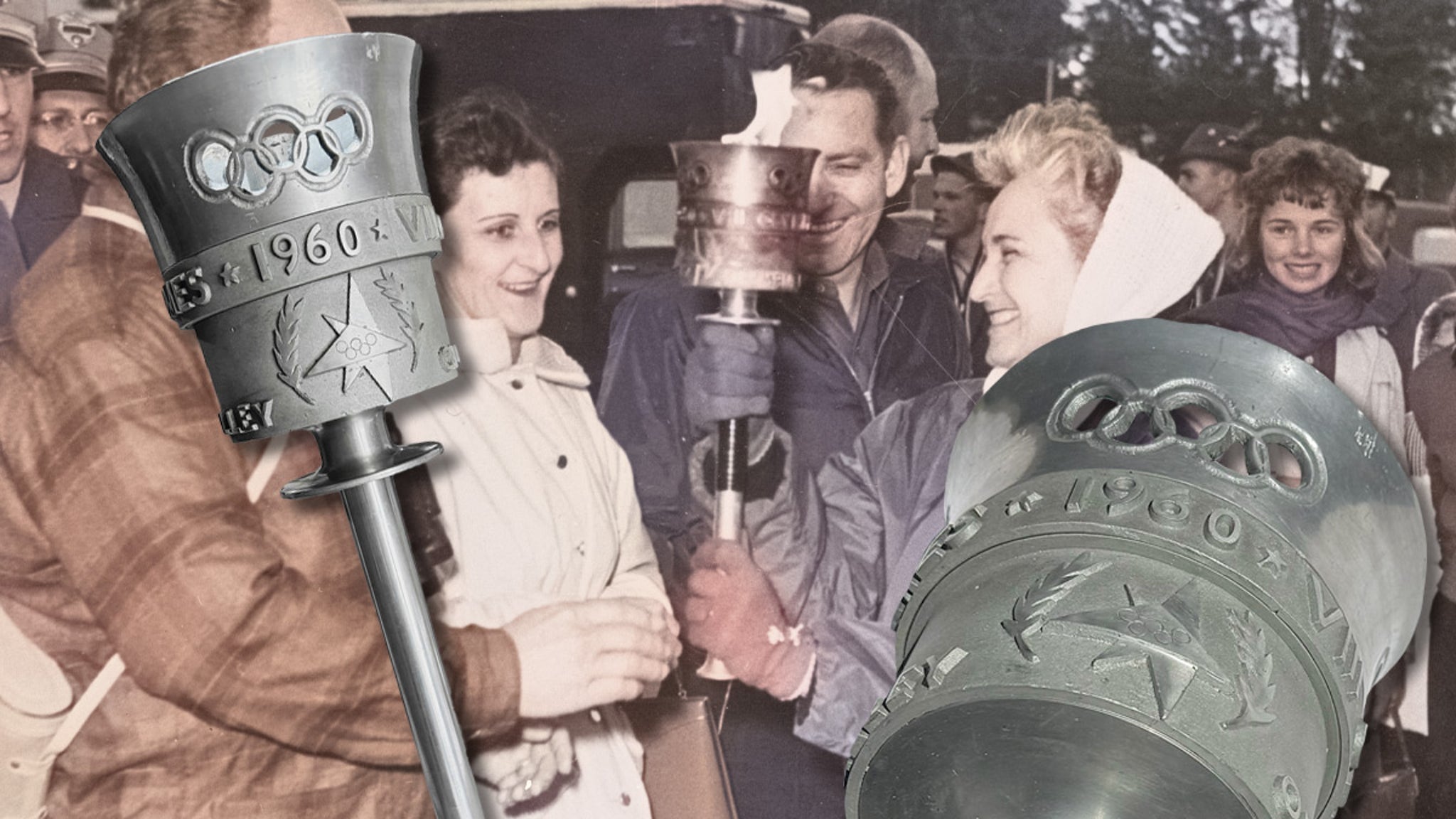Culture
Joy Williams Interview: By the Book


What books are on your night stand?
Walton Ford’s “Pancha Tantra.” A stunning assemblage of the painter’s vivid and tragic work. Also, a tattered “Testament Newydd” found years ago in a broken church in Wales, re-bound through the kindness of New York’s Argosy Book Store. I know only six words of Welsh but I love looking through it.
What’s the best writing advice you’ve ever received?
I can’t recall the best but the worst was if you’re not having fun don’t do it.
What book should nobody read until the age of 70?
Lewis Carroll maybe? “The Mad Gardener’s Song”?
He thought he saw a Rattlesnake
That questioned him in Greek:
He looked again, and found it was
The Middle of Next Week.
Not until the seventh or eighth decade would this make perfect sense.
A writer in The New York Times once called you the “pre-eminent bard of humanity’s insignificance.” Does the shoe fit?
Bard? Shoe? What peculiar words.
Who is your favorite fictional hero or heroine? Favorite antihero or villain?
I have several. Harrison’s Dalva, McCarthy’s Judge, Flannery O’Connor’s Grandmother, Coetzee’s Elizabeth Costello, DeLillo’s Lauren Hartke, Lowry’s Consul, Sorokin’s Crouper, Didion’s Maria Wyeth.
Are there any classic novels that you only recently read for the first time?
Pushkin’s “Eugene Onegin” and Platonov’s “Chevengur.” I’ve discovered Platonov’s short fiction, too, collected in “Soul,” for which the co-translator Robert Chandler has provided an excellent introduction. The work is fresh, sorrowful, calmly strange.
What’s the best book you’ve ever received as a gift?
In 1961, my college English professor, one Dr. Harold Dean, gave me a grand three-volume boxed set of Emily Dickinson’s poems. More recently a friend gave me a Faber & Faber edition of “Crow,” by Ted Hughes. What songs Crow sings. Deeply, deeply un-Whitmanesque.
What’s the last book you read that made you laugh?
Jim Gauer’s “Novel Explosives.” Brainy, brutal, cyclonic.
The last book that made you furious?
It’s not the last book, but Sue Klebold’s “A Mother’s Reckoning: Living in the Aftermath of Tragedy.”
How do you organize your books?
Not reasonably. And they are everywhere. On shelves, desks, tables, on a long pew from the Episcopal cathedral in Laramie. A singular site is a cabinet which was my grandmother’s. In my childhood it held a book that interpreted dreams. I was denied access to this marvel. Today, the cabinet, sheared of its top, looks more like a washstand, and far from holding the books I most treasure, it is a receptacle for books I seem to be forever reconsidering. I don’t like them much but there is something that prevents me from sending them elsewhere. It’s a peculiar pile.
Is it true that you don’t believe in revision?
I write slowly, put a lot of pressure on the line and page before I move on. Committing to a word then realizing it’s not the right one and seeking another, that’s revision I suppose. It’s drafts I don’t believe in. I’m averse to entertaining the thought that what I’m working on is a first draft, which implies the necessity of a second, even a third.
You’re organizing a literary dinner party. Which three writers, dead or alive, do you invite?
This is not the time for dinner parties! Serene consumption, self-treasuring and holding forth will not heal our stricken earth. Our annihilation of species and the environmental devastation we’ve caused and allowed is our sin and our shame and we need an enormous shift in our manner of being and thinking — a change of heart and conscience. Fiction’s role in effecting this change is large but it must become less familiar, more lexically and spiritually daring. (Returning to the idea of the dinner party, if dead guests did show up wouldn’t they find the living ones faintly ridiculous?)
Is there anything you’re afraid you won’t have time to write about?
What a question … but thanks for your interest.
























